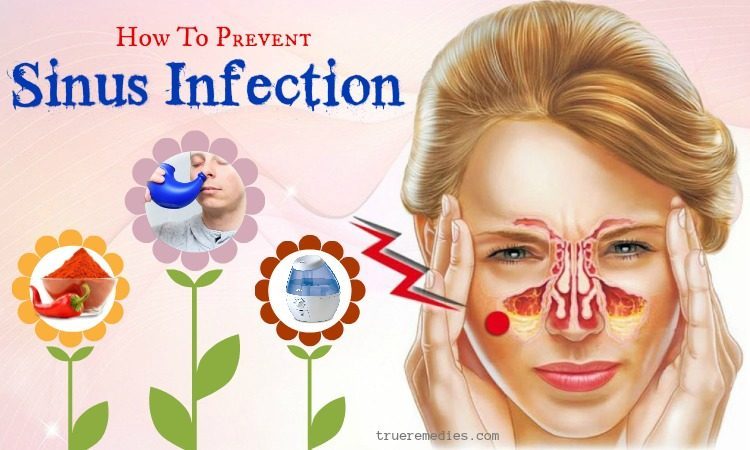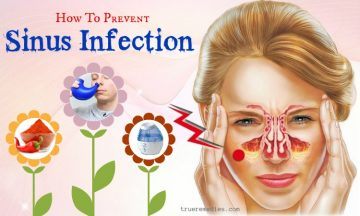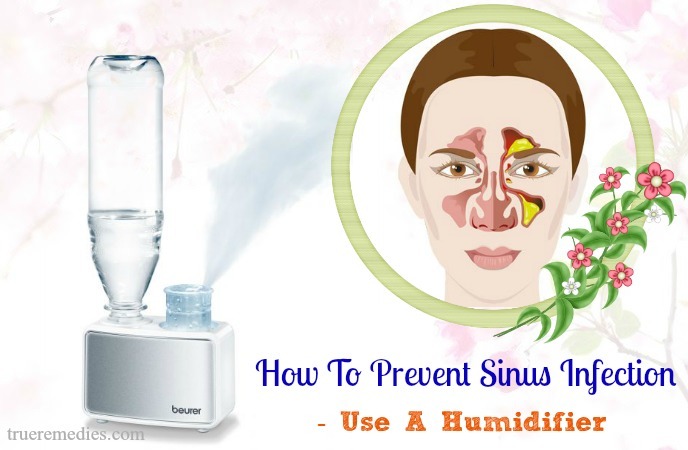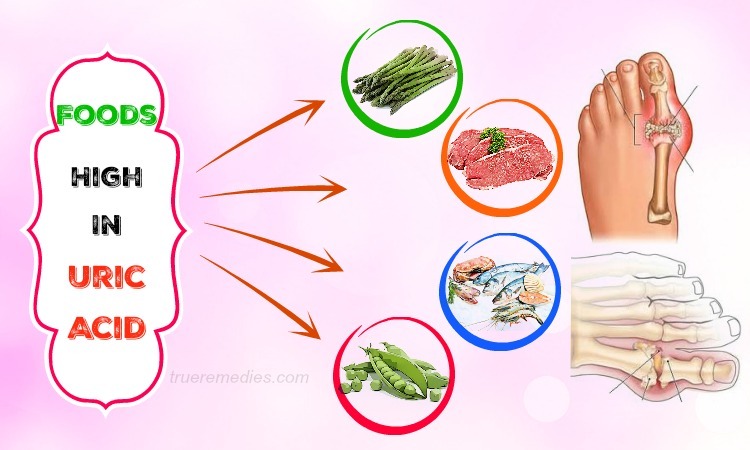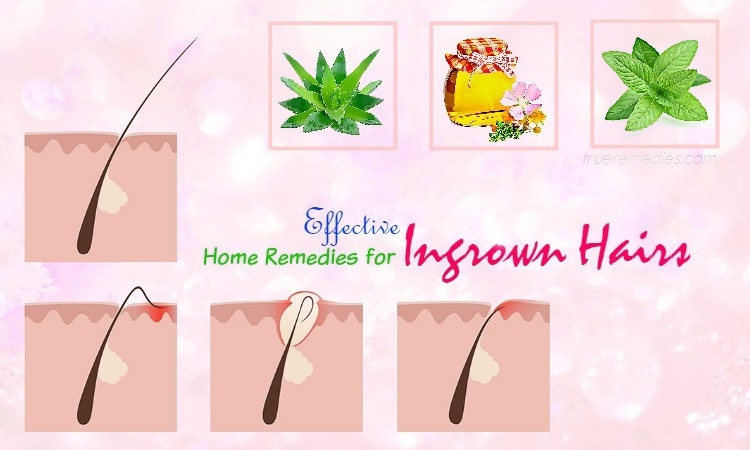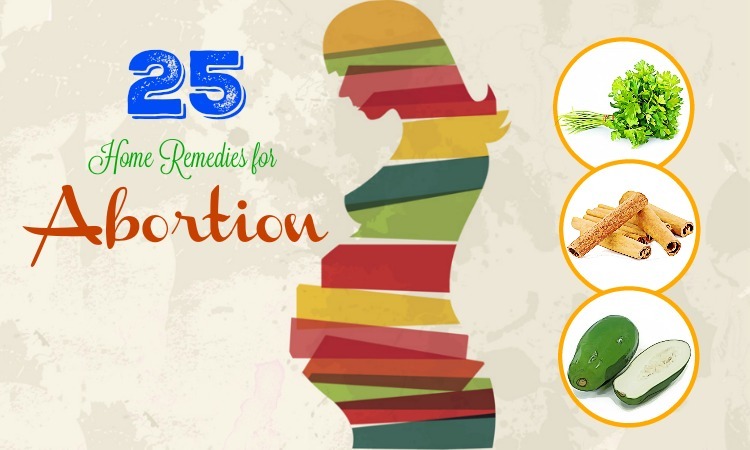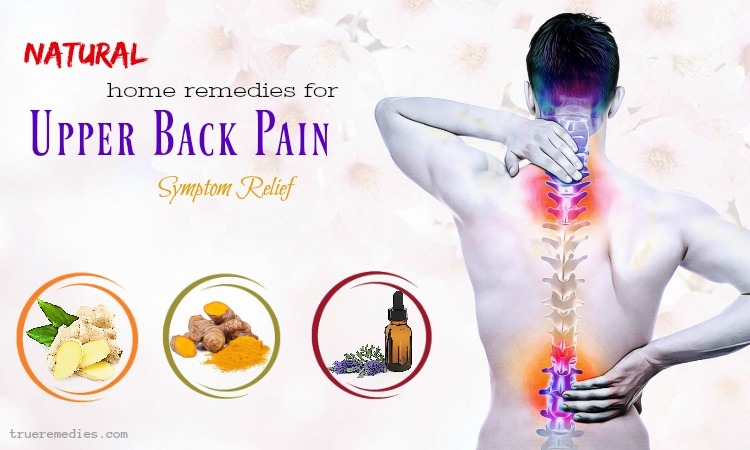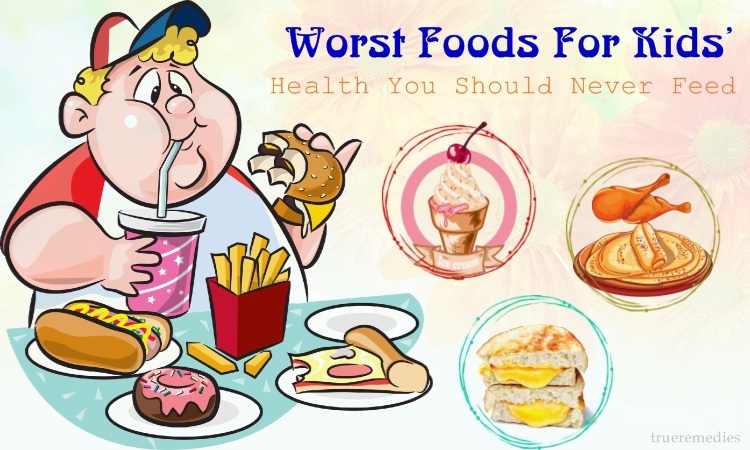Contents
Sinus infection is an inflammation of sinus which is the cavity on the forehead and face. It has many different functions. One of these functions is producing mucus to enclose and eliminate pathogens and other foreign objects. Sometimes the sinus becomes inflamed (usually due to infection) and this prevents mucus from escaping in the right way. There are several ways to treat sinusitis depending on the cause of the disease. Sinus infection can be self-healing, but you can also apply some home remedies to help it get away quickly as well as to lessen the discomfort it causes. The article below will show you how to do that. But first, let's find out some information about this disease.
What Is A Sinus Infection?
Sinus infection is a common upper respiratory tract. This disease is usually caused by bacterial infection after a respiratory viral infection. If acute sinus infection is not properly treated or the cause of this disease has not been resolved, the disease may recur and develop into chronic. Sinus is a pore filled with air. Sinuses include holes in the skull. They are connected to the nasal airway by a hole in the bone (ostium) [1]. Usually, all the sinuses are open so that the airway passes through the nose through a nose. Human beings have these four pairs of sinuses called:
- Sinus in the forehead
- Sinus in the jaw
- Sinus in the middle of the eye
- Sinus in the back of the eye socket
Sinus infection is an infection and inflammation of one or more sinuses due to congested sinus. Sinus infection occurs suddenly and lasts only a short time (about 4 weeks) – acute sinusitis. In another case, this disease can last for more than 3 months and is repeatedly called chronic sinus infection.
The main function of the sinus is to store and circulate nutrients to support bone and reduce bone density. Besides, the sinus also makes the sound and voice warm and inspirational. When infected, the sinus is inflamed, causing pus. Pus will interfere with fluid circulation. Then, the bacteria will cause mucus and fluid become pus, causing headache, shortness of breath, tinnitus, … Liquid will leak out the nose and flow down the throat, causing rhinitis and sore throat. If swallowed, they also inflame the stomach and colon. All sinuses in the head and face can be inflamed directly or inflamed due to rhinitis [2].
What Are Common Causes Of Sinus Infections?
Here are common causes of this disease:
- Bacteria
Bacteria can cause acute and chronic sinusitis. You may do not know that bacteria in the nose and throat are harmless. But when you get the flu, the flu virus causes the nasal membranes to swell, causing reactions like sneezing and runny nose. This causes sinuses which enter the nose is blocked, so that the bacteria easily enter the sinuses and develop in the mucus layer, causing sinus infection.
TrueRemedies Partner Solutions

Need a Help from the Leading Expert Online, Available 24/7?
They’re all here and ready to answer your questions online or by phone. Keep asking questions until you get the answer you need.
- Fungal Spores
Fungal spores are present in many elements of nature such as soil, air, animal carcasses and rotting plants. If you inhale these fungal spores, they will stick to the walls of the nose and sinuses, causing sinusitis.
- Allergy And Asthma
Nasal allergic rhinitis is the most common cause of chronic sinus infection. Allergic rhinitis is usually seasonal. Along with allergic rhinitis, other allergens also cause allergic reactions, leading to obstruction of the mucus. This makes you susceptible to sinus infection. In addition, asthma is also closely related to sinusitis, it is also one of the causes of sinus infection.
- Environmental Pollution
Environmental pollution (especially the pollution of the air environment) will make the sinuses very easily to expose to dust, fungus and bacteria. These factors cause mucus congestion. Then, the mucus can not escape out, blocking the sinuses. This is the ideal environment for bacteria and fungal growth in the sinus cavity, causing sinus infection.
- Consequences Of Some Diseases
Sinusitis can also be a result of some diseases such as tooth decay, bad breath, or dental infection.
- Poor Body Resistance
Poor body resistance, weakened immune system, respiratory mucosal weakness, and nervous system disorders make the body less resistant to bacteria. At this point, the patient is susceptible to sinusitis and other inflammatory diseases.
- Injuries
Some nose injuries can damage the sinus cavity. This is also one of the causes of sinus infection.
- Nasal Mucosal Dysfunction
In addition to the above causes, when the nasal mucosal function is disturbed (it acts too much or too little), you are also very susceptible to sinus infection.
What Are Common Symptoms Of Sinus Infections?
Here are common causes of this disease [3]:
- Headache
- Cough, especially at night
- Fever
- The patient may feel that the body is being weighed down by something
- Pain in the forehead or face
- Nasal congestion and runny nose
- Sore throat
- There is turbid fluid discharge from the nose
- These symptoms generally disappear after 7 to 21 days.
The common symptoms of acute sinusitis are:
- Tinnitus
- Headache
- Toothache
- Smell and taste reduced
- Cough, especially at night
- Halitosis
- Tired
- High fever
- Yellow or green fluids flow through the nose or back of the throat (nasal drainage)
- Nasal congestion which causes shortness of breath
- Pain, sensitivity, swelling and increased pressure around the eyes, cheeks, nose or forehead. Symptoms increase when you bend down.
You may experience other symptoms not mentioned. If you have any questions about the signs of the disease, please consult your doctor.
What Are Risk Factors?
Sinus infection is very common, and everyone can get it. However, people with weakened immune system and frequent seasonal allergies are at higher risk for this disease.
Other risk factors for sinus infections are:
- Using too much nasal decongestants
- Suffering from asthma
- Nasal polyps
- Dental infection
- Pregnancy
- Exposure to cigarette smoke and air pollution
- Frequent diving and swimming
- Being in the hospital
You can control this problem by minimizing risk factors. Please see your doctor for more information.
When To See A Doctor?
You should see a doctor if you experience the following symptoms:
- Eyes are swollen and painful
- Dark circles
- The forehead is swollen
- Severe headache
- Confusion or delirium
- Neck is stiff
- Disturbed breathing and shortness of breath
- Persistent fever
- Relapses in a short time
- Symptoms do not improve within a few days or your condition is getting worse
If you have any of these signs or symptoms or have any questions, please consult your doctor. Each person's condition is different, so please consult your doctor to select the most suitable option.
Above are some basic information about sinus infection. Hopefully with this information, you may have the most comprehensive view of this disease. Here are 18 best tips on how to prevent sinus infection after cold and from allergies so you will feel more comfortable. Please take a look at TrueRemedies.com!
Top 18 Tips On How To Prevent Sinus Infection After Cold And From Allergies
1. Steam
Steaming is the first home remedy in this list of tips on how to prevent sinus infection after cold. Steaming has long been known to be an effective treatment for sinus infection. This measure is very popular in Asian countries. You can also try it because it is very simple and useful. To do this, please follow these steps below:
- Pour water into a 950 ml pot
- Boil water for 1-2 minutes until the water evaporates fiercely
- Turn off the stove and put the pot on the table, on the heat-resistant base
- Place a clean cotton towel over your head, close your eyes and bend down to let your face be exposed to steam (your face should be about 30cm away from the pot to prevent burns)
- Breathe deep into your nostrils and exhale through your mouth for five times
- Then, reduce the rhythm of breathing to 2 times
You can make this tip in about 10 minutes or longer (if the water continues to evaporate). Try blowing your nose in and after steaming. You can steam after every 2 hours or more if you want. When being outdoors or at work, you can steam by taking hot steam from a cup of tea or hot soup. You can add herbs or essential oils (1-2 drops) to the water to steam. Mint, thyme, sage, oregano, lavender, tea tree oil and lavender essential oil all have antimicrobial, antifungal or antiseptic properties.
Note: Keep your baby away from boiling water when you're steaming. You can do this tip in areas where there are no children.
2. Have A Warm Bath
This is another must-try treatment in this list of tips on how to prevent sinus infection after cold and from allergies. The effect of warm water evaporates for a long time is similar to the effect of steaming. Warm water from the shower creates a moist and warm atmosphere. This is useful in releasing congested nasal congestion and reducing sinus pressure. You can try blowing your nose. Temperatures and vapor will help to moisten and dissolve the secretions in the sinuses, making it easier for you to blow your nose.
You can also get the same effect by applying warmth on your face to help clear the nasal passages and reduce pressure in the sinuses. Place a moist towel in the microwave for 2-3 minutes to warm it up, then gently apply it to the face. Be careful when applying warm towels to prevent burns.
3. Wash Your Nose
Washing your nose is also a good way to clean the sinuses. This tip helps dilute and dissolve the fluid in the sinuses, reducing nasal congestion. To do this, please follow these steps below:
- Add 1/2 teaspoon of salt to 240 ml of warm water, stir well
- Use a round tips syringe (purchased at pharmacies) to wash your nose
- You should spray saline into each side of the nostrils
You should use distilled water to make this tip. You should also boil and cool the water before using it to mix with salt. Some reports show that some people are infected with amoeba when using dirty water to wash their noses. Although this condition is rare, you should use clean water to avoid this condition. Besides, always clean the tool after use and let it dry naturally for later use.
4. Use A Neti
This remedy is one of little – known tips on how to prevent sinus infection in babies, toddlers and adults. Neti is a nasal wash device that looks like a small tea pot. Health professionals always encourage you to use it to clean the sinuses. Neti juice helps to increase blood circulation and reduce inflammation in the nasal cavity. The mechanism of operation of Neti is to warm the water on one side of the nostril and make it flows out from the other nostril [6]. To use it, please follow these steps below:
- Pour warm water into Neti
- Tilt your head and pour warm water into your right nostril and let the water flows out from your left nostril
- Continue with the left nostril
Only with these very simple steps, your sinusitis will improve rapidly. Please apply this tip 2-3 times a day to get the best results. You should also use distilled water to do this.
5. Use A Humidifier
The next treatment in this list of tips on how to prevent sinus infection after cold is using a humidifier. To improve the health of the sinuses, you should place the humidifier in the bedroom when sleeping. Warm and humid air from the humidifier helps relieve the uncomfortable symptoms caused by sinusitis. When the nasal congestion is blocked, you need to focus on moisturizing the nasal cavity and sinuses. Many people think that dry air will help to relieve sinus infection, but in reality, dry air only irritates tissues in the nasal cavity. Therefore, a humidifier is the savior of your condition. Humidifiers are especially useful in winter because the indoor air is usually dry when you turn on the heater. In addition, placing a warm water bottle near the ear also brings about similar effects.
6. Drink Enough Water
You should provide enough water for your body by drinking plenty of water (at least 8 glasses of water a day). Drinking water helps dilute mucus and prevents sinus congestion, thereby relieving the pressure in the sinuses. When the body has enough water, dilute mucus in the sinuses will easily drain out. Thus, if you feel the pressure of the sinus, you should try to drink plenty of water to prevent sinus infection.
Warm tea can give you the same effect. The warmth of tea helps the mucus in the sinuses to flow out more easily. Warm tea which does not contain caffeine can help soothe the throat, especially if the tea has ginger and honey. Tea can also help reduce cough. However, you should avoid caffeine because caffeine can cause you to lose water.
7. Eat Spicy Foods
This sounds strange when eating spicy foods comes to tips on how to prevent sinus infection in babies, toddlers and adults, but it works. Spicy salsa, spicy chicken wings, horseradish and other spicy foods can increase the flow of nasal fluid and thereby reduce the pressure in the sinuses. Spicy foods make the fluid in the nose becomes diluted and moist. Then, blowing your nose would be a lot easier. For sushi lovers, let’s try to eat mustard. Spicy mustard will temporarily reduce sinus pressure and clean the sinuses.
8. Massage
The next one in this list of tips on how to prevent sinus infection after cold is massaging. Gently use your index finger and middle finger to gently press and massage in circular motion on the forehead, nasal bridge, and the areas behind and below the eyes. Massage the sinuses for a few minutes before blowing your nose. You can also use an essential oil such as rosemary or mint oil when massage to help clear the sinuses. Do not leave the oil on the eye.
9. Do Exercise
No wonder, this is definitely one that should be mentioned in this list of tips on how to prevent sinus infection after cold and from allergies. Exercise is also a natural way to cure sinus infection. Increasing heart rate and sweating will help clear the fluid in the sinuses. You should do aerobic exercises like jogging or cycling for about 15 minutes to relieve the uncomfortable symptoms of sinusitis. You can also do intensive exercises such as brisk walking.
10. Raise Your Head Up
When sleeping, you should put some pillows under your head to raise your head up. This way help you can easily breathe and prevent the accumulation of pressure in the sinuses, thereby reducing headaches. Besides, sinus infection can last longer if you continue not getting enough sleep. You should try to rest completely within 24 hours if possible to quickly treat this disease.
11. Know Your Allergies
Allergies are among risk factors for sinus infection. Thus, to know how to prevent sinus infection beforehand, you should keep your allergies under control. Allergic reactions towards irritants and pollen could trigger a runny and stuffy nose. This is not sinusitis, yet it may trap bacteria or viruses in the nasal passages and increase potential risks of infections. Therefore, if you suffer from hay fever or allergies, you should expose yourself to common triggers or use medications to control them.
But, do not overuse medications as they may cause too-dry mucus membranes.
Also, avoid chemical pollutants along with asbestos particles. You need to wear a mask before exposing to the irritants, such as cigarette smoke, pet fur, dust, dander, etc. Do not forget to dust as well as vacuum your house on a regular basis so your nasal passage will not get irritated.
12. Do Not Give A Bottle To Your Child Upon Lying Down
Young children may also suffer from sinus infection while lying down and being fed with bottle. Thus, to prevent sinus infection in babies and toddlers, you need to avoid it. The formula or milk could get into their nose easily, increasing the risk of choking and provide good environment for bacteria to grow. Any bacteria in the sinuses of infants feed on sugar milk and quickly flourish, resulting in an infection.
Thus, you should feed your baby whilst he is sitting upright to prevent milk or food from getting into their nose. Despite it is estimated that 90% of sinus infection cases in matures are resulted from viruses, just approximately 60% are viral in babies and children. The 40% left are bacterial, which make use of feeding mishaps.
13. Improve Your Immune System
For any potential infection, the best preventative measure is maintaining a healthy immune system. The human immune system contains specialized cells searching for and trying to damage disease-causing microorganisms, yet once it is weakened and malfunctioning, bacteria and viruses could proliferate in the mucus membranes and result in sinus infection easier.
To get healthier immune system, get better quality sleep, eat more fresh fruits and vegetables, drink enough water, get regular exercise, and practice good hygiene. Also, quit smoking, cut back on alcohol, and reduce refined sugars while supplementing your body with vitamin C, D, zinc, echinacea, selenium, astragalus root, and olive leaf extract [7] [8].
14. Eat An Anti-Inflammatory Diet
Foods play an important part in the overall health. Rather than consuming dairy products and wheat, you should focus on fish, fresh fruits and veggies, and chicken. By this way, you will limit potential intake of processing chemicals like additives and dyes. The anti-inflammatory diet will help to relieve systematic inflammation contributing to your sinus infections.
15. Take Steroid Nasal Spray
This is another must-try treatment in this list of tips on how to prevent sinus infection after cold. Steroid nasal sprays such as Fluticasone (Flonase) and Triamcinolone (Nasacort) are sold in the form of over-the-counter medications. There are other prescription Steroid nasal sprays such as Mometasone Furoate (Nasonex). They help reduce sinusitis very effectively. Steroid nasal spray does not cause side effects such as drowsiness and dry mouth. Potential side effects of nasal spray include indigestion, nausea, and headache. New treatment guidelines suggest that steroid nasal sprays should be used as the first treatment of sinus infection. However, sinusitis will not disappear immediately because Steroid nasal sprays need a few days to work.
16. Take Antihistamine
This remedy is one of little – known tips on how to prevent sinus infection after cold. In some cases, antihistamines may be helpful, especially with prolonged sinusitis, because antihistamines can help reduce nasal congestion very well. Antihistamines include Diphenhydramine (Benadryl), Cetirizine (Zyrtec) and Loratadine (Claritin).On the other hand, you need to know that some antihistamines like Benadryl can cause serious side effects, such as dry mucous membrane of nasal tissue and drowsiness. Here are some suggestions on how to use these drugs:
- Take 25 mg Benadryl every 8 hours to reduce nasal congestion. Patients may feel very sleepy after taking this medication.
- Take 10 mg Zyrtec once a day. Children over 6 years of age can take this drug with doses of 5-10 mg per day, depending on age and weight. Zyrtec can also cause drowsiness.
- Take 10 mg Claritin once a day. Second-generation antihistamines such as Claritin are less likely to cause side effects.
- You can take prescription anti-histamine nasal sprays such as Azelastine (Astelin, Astepro) or Olopatadine Hydrochloride (Patanase).
17. Take Antibiotics As Directed
If your doctor prescribes antibiotics to treat sinus infection caused by bacteria, make sure you follow all the doctor's instructions, even if your condition improves. This will help relieve recurrence. Common antibiotics that are used to treat bacterial sinusitis include amoxicillin (the most common), augmentin, cefdinir, or azithromycin (for people who may be allergic to amoxicillin).Common side effects of these antibiotics are nausea, vomiting, diarrhea and skin rashes. See your doctor if you experience more serious side effects such as fainting or difficulty breathing.
18. Take Nonprescription Pain Relievers
The next treatment in this list of tips on how to prevent sinus infection after cold is taking nonprescription pain relievers. Pain relievers cannot treat sinusitis, but they can help relieve some uncomfortable symptoms of this disease, such as headaches and sinus pain. Acetaminophen / paracetamol (Tylenol) or ibuprofen (Advil) helps relieve headache, sore throat and fever. Note: Ibuprofen should not be given to children under 6 months of age.
How To Prevent Sinus Infection – Some Attention
In addition to the application of these tips above, to prevent or support the treatment of sinus infection, you need to pay attention to some of the following:
- Get the flu shot. The flu shot helps reduce the risk of getting the flu virus which is a cause of sinus infection.
- Avoid environmental pollution. When going out, wear a mask and gloves to protect yourself.
- Keep good hygiene. Viral infection is the most common cause of sinus infection. You can reduce the risk of infection by washing your hands with warm water and soap. Wash hands after handshaking, touching surfaces in public (such as bus handles, door handles), and before and after preparing foods.
- Eat plenty of fruits and vegetables. Fruits and vegetables are rich in antioxidants and vitamins, helping the body maintain health and endurance. In particular, citrus fruits have high levels of flavonoids, a compound that can boost the immune system, and fight against viruses, inflammation and allergies.
Sinus infections are rather common nowadays. Fortunately, these tips on how to prevent sinus infection will help minimize risks for sinusitis without cost. Although they are quite simple, the effect they bring to you will make you surprised. Therefore, let’s apply them to help yourself. If you have any contributing ideas about our article of “Top 18 Tips On How To Prevent Sinus Infection After Cold And From Allergies” introduced in How To Category, do not hesitate to drop your words below this post. We will answer as soon as we could.

